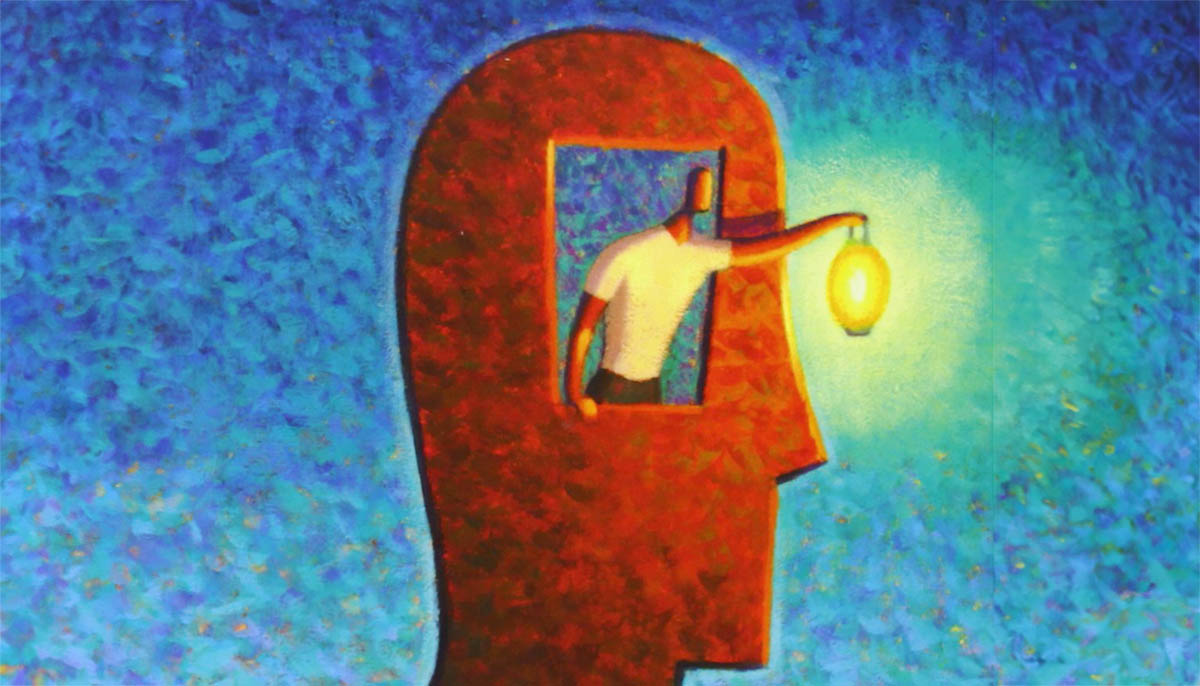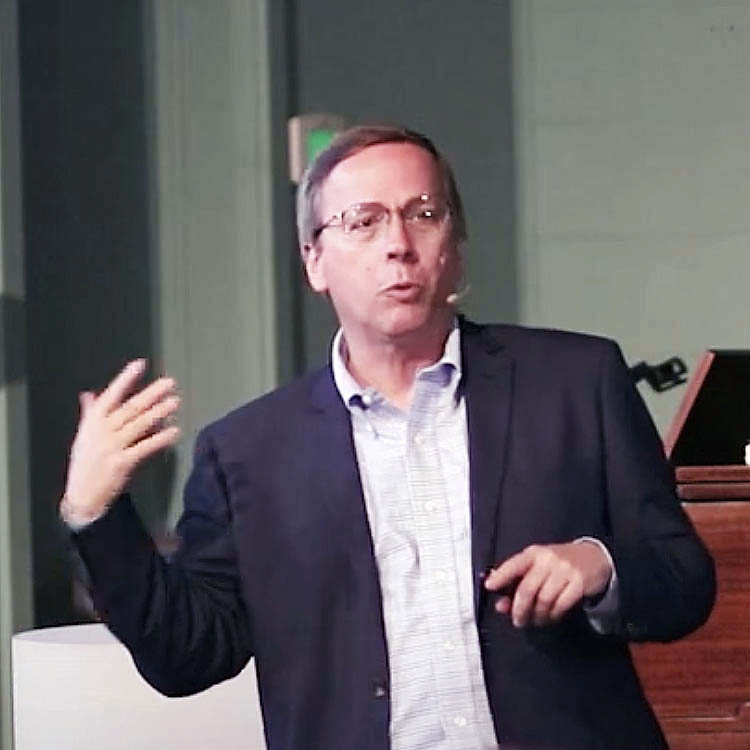Topics


Website: LucidAdvice.com
Robert Waggoner has been an active lucid dreamer since 1975, a member of International Association for the Study of Dreams since 1995, and is a past president of the IASD. He is co-editor of the online magazine, The Lucid Dreaming Experience, and the author of Lucid Dreaming – Gateway to the Inner Self.
In this book, he addresses the misconception that lucid dreamers control the dream, just as "No sailor controls the sea". Though the field of psychology has traditionally alluded to various features of the dream realm such as Freud's pleasure principle and wish fulfillment theory, this book proposes lucid dreamers have commonly discovered that the expectation effect (in which the lucid dreamers experiences what he or she expects to experience) explains the wish fulfilling aspect of the dream environment more cogently. Similarly, Carl Jung's theory of a collective unconscious is investigated by experienced lucid dreamers who intentionally seek out unexpected and unknown information. Their experience appears to show that some type of inner awareness carries a larger body of knowledge than the consciously aware lucid dreamer, though not exactly as Jung supposed. Additionally, this clearly refutes a mental model mechanism as the paradigm boundary of unconscious awareness.
Borrowing from Jean Piaget's stages of cognitive development in children, he proposes five developmental stages for lucid dreamers, beginning with pleasure seeking and play, and culminating with the experience of a non-dual awareness, suggested by some Buddhist traditions (see Tenzin Wangyal Rinpoche, The Tibetan Yogas of Dream and Sleep, Ithaca, New York: Snow Lion Publications, 1998). He concludes that while aware in the dream state, one has a revolutionary psychological tool from which to begin to understand the principles of dreaming as well as the larger picture of man’s psyche.
Profile image from Charleston Jung Society on YouTube